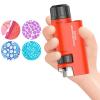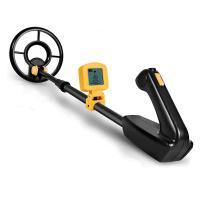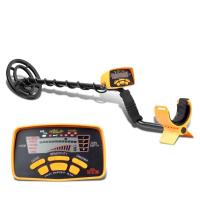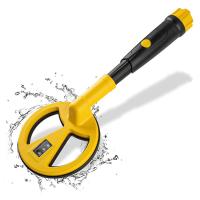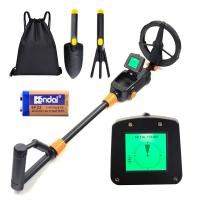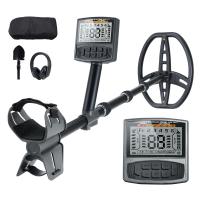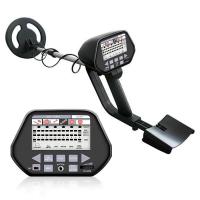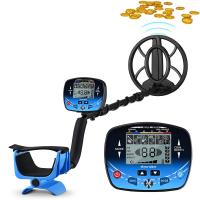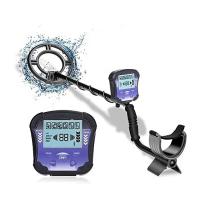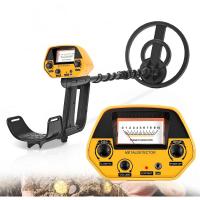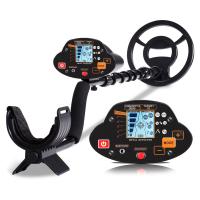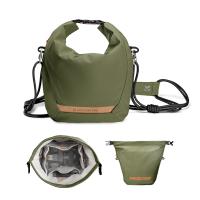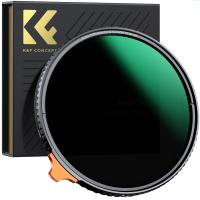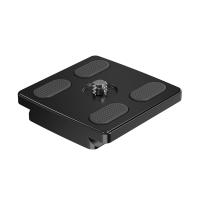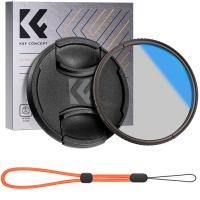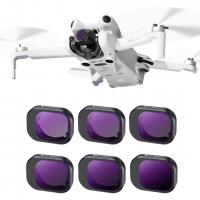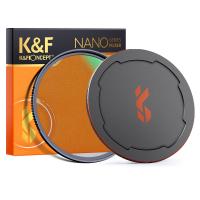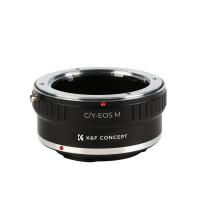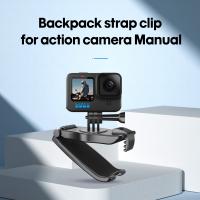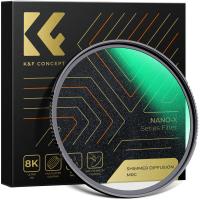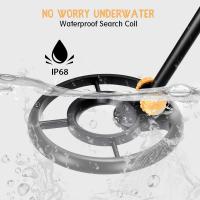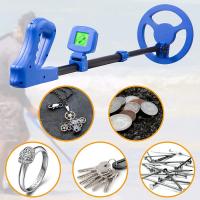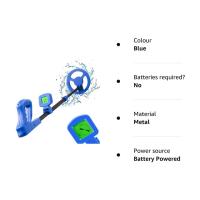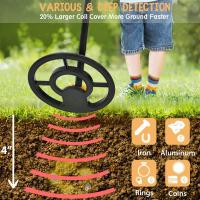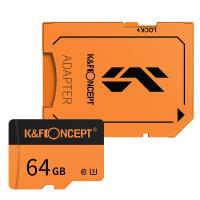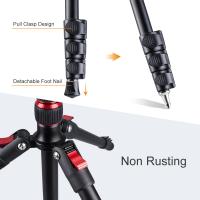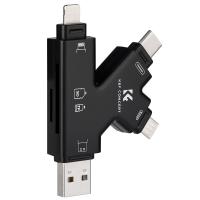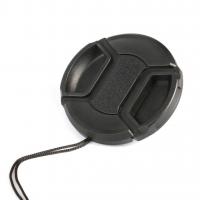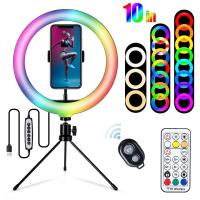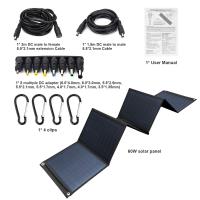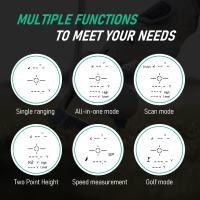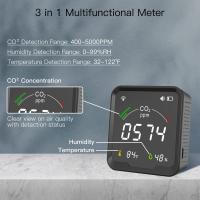Where To Buy A Metal Detector In Store?
When considering where to purchase a metal detector in person, your choice largely depends on the variety of options you’d like to explore, the level of expertise or guidance you require, and the urgency of your purchase. Metal detectors range from entry-level recreational models for hobbyists to advanced machines designed for professionals. Knowing where to look is vital if you want to ensure you get an excellent match for your needs. Below, I’ll provide insights into some of the top in-store options and share tips for choosing the right retailer for your metal detector purchase.
1. Big-Box Retail Stores
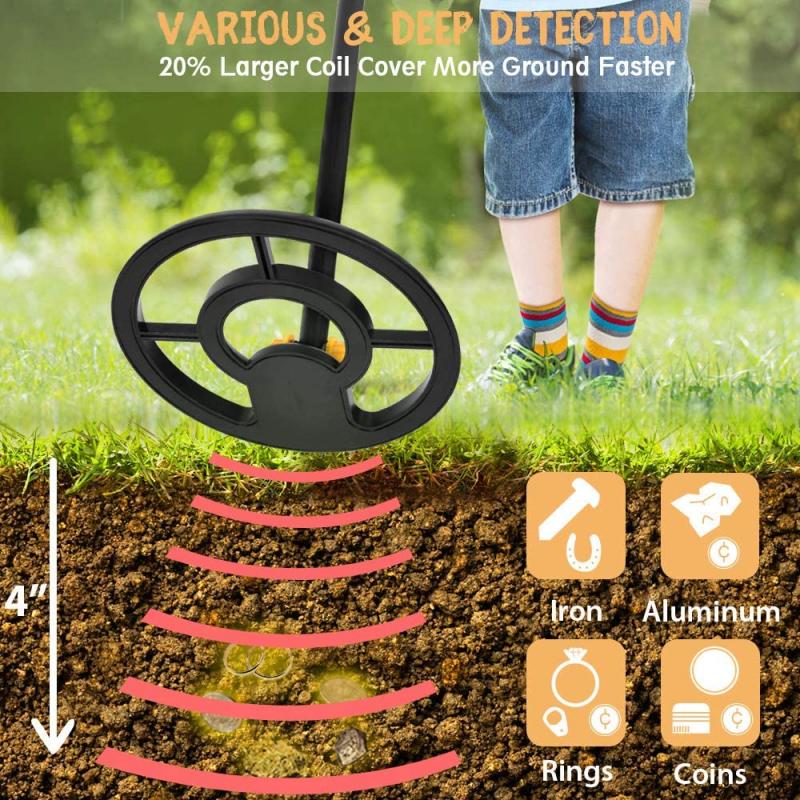
A common and convenient option for buying a metal detector locally is major big-box retail stores. Chains like Walmart, Target, and similar mass retailers often stock entry-level metal detectors in their camping or outdoor sections. These stores typically focus on beginner-friendly models, which are ideal if you’re new to metal detecting and don’t want to invest heavily until you’re certain about your interest in the hobby.
Advantages:
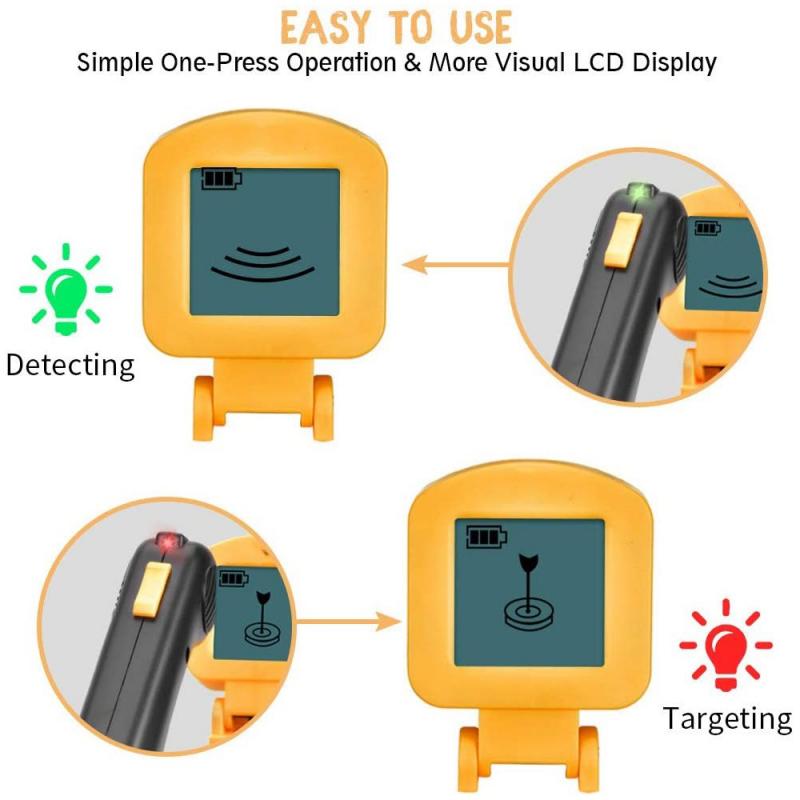
- Easy Accessibility: With thousands of locations, most people live near a Walmart, Target, or similar retailer, making it convenient to pick up a metal detector quickly.
- Affordability: These stores often carry economical models, perfect for casual treasure hunters or people trying out metal detecting for the first time.
- Returns and Policy Benefits: Their flexible return policies make it easy to return or exchange a detector if it doesn’t meet your expectations or requirements.
Drawbacks:
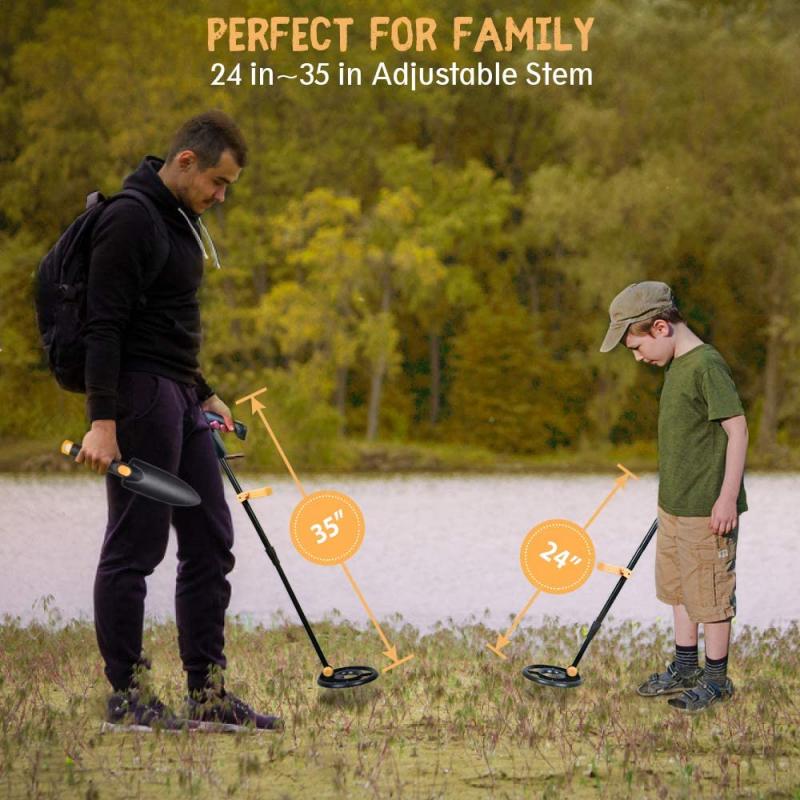
- Limited Selection: Inventory typically caters to beginners, which can be restricting for those looking for advanced or specialized detectors.
- Knowledge Gaps: Store associates may not have in-depth knowledge about metal detectors and won’t be able to provide detailed guidance.
If you’re aiming to start metal detecting as a hobby with minimal upfront investment or you’re purchasing a detector for a child, a big-box store may be your best choice. However, if you’re searching for more professional models, you’ll need to consider specialized retailers.
---
2. Outdoor and Sporting Goods Stores
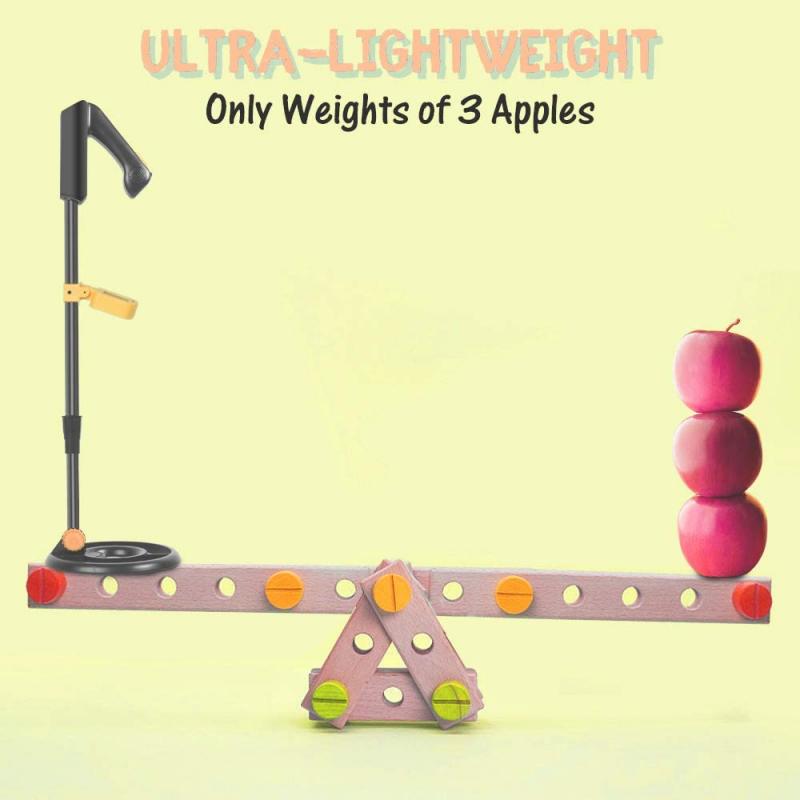
Specialty outdoor retailers like Bass Pro Shops, Cabela’s, or Dick’s Sporting Goods are excellent alternatives for those seeking a higher-quality metal detector in person. These stores cater to outdoor enthusiasts and often stock metal detectors with better functionality than what you’d typically find at a general retail chain.
Advantages:
- Mid-Range Selection: These stores often stock a broader range of metal detectors, including mid-tier and some advanced models, designed for both recreational and semi-professional users.
- Knowledgeable Staff: Staff at specialty outdoor stores are often better-versed in their categories and can help guide you through options and features.
- Additional Accessories: Many of these retailers also carry related accessories, such as extra batteries, digging tools, pouches, and replacement parts, all available in-store.
Drawbacks:
- Location Dependency: Not everyone lives near a Bass Pro Shops or a similar outdoor retailer, which may require traveling further to shop in person.
- Cost Variability: Metal detectors at these stores can be more expensive than those at a standard big-box store, as they often focus on higher-quality models.
Overall, outdoor and sporting goods stores strike a balance between accessibility and quality, making them a great option for hobbyists ready to take their skills to the next level.
---
3. Specialty Metal Detector Stores
For those looking for expert advice, specialty metal detecting stores are likely your best choice. These niche retailers cater exclusively to treasure hunters, metal detecting enthusiasts, and professionals, meaning you’re likely to find exactly what you need for any specific metal-detecting goal.
Advantages:
- Wide Selection: Specialty shops often have the widest inventory of metal detectors, including highly specialized models for prospecting gold, underwater detecting, or finding deeply buried objects.
- Expert Knowledge: Staff at these stores are often passionate about the hobby themselves, meaning they can offer expert advice and training tips. They can help match you with the right detector based on your budget, location, and goals.
- Customer Support: Specialty shops often provide after-sales service, repair options, free demonstrations, or even training workshops, all of which can prove invaluable over time.
Drawbacks:
- Availability: Specialty metal detector stores are not as commonplace as other retailers, so locating one nearby may be challenging depending on where you live.
- Potentially Higher Prices: While many specialty stores offer competitively priced options, the advanced models they stock may cost substantially more than what you’d find at a big-box store.
If you’re a dedicated hobbyist or a professional treasure hunter looking for a high-performance machine tailored to your specific ambitions, a specialty store is your best option.
---
4. Pawn Shops and Second-Hand Stores
For those on a tight budget, pawn shops and second-hand stores can be a treasure trove for bargains—sometimes literally. Many people purchase metal detectors for one-off uses or as a fleeting hobby and later sell them when they’re no longer interested, meaning you can often find lightly used, high-quality detectors for significantly reduced prices.
Advantages:
- Affordability: Second-hand prices are much lower than retail, even for top-tier models.
- Chance to Inspect in Person: Buying from a local second-hand store allows you to verify the product's condition before purchase.
Drawbacks:
- Limited Warranty: Second-hand items don’t come with manufacturer warranties most of the time.
- Uncertain Quality: There’s always a risk of purchasing a defective item, so you’ll need to inspect the detector thoroughly and ensure it works as intended.
Pawn shops and consignment stores can help you stretch your budget further, but be sure to research any equipment you’re considering to ensure you know what it should include and how to test it.
---
5. Regional Specialty Stores and Dealer Networks
In addition to large specialty retailers, many regions have smaller, independent businesses that focus on metal detectors and related goods. These local stores are often part of dealer networks and vary significantly in size, inventory, and expertise. While these shops aren’t as widely publicized as national retailers, they provide personalized service and exceptional attention to detail.
Advantages:
- Community Connection: Shopping from a local metal detector dealer often connects you to local treasure-hunting communities and events.
- Wide Range of Options: While they may not have the inventory of a national retailer, dealer networks can often special-order equipment tailored to your needs.
Drawbacks:
- Limited Listings: Finding these smaller retailers can be harder, as they may not have the same online presence as large chains.
- Variable Stock: Smaller shops might not carry all brands or models you find online.
---
Key Considerations When Shopping
Beyond knowing “where” to shop, it’s essential to keep in mind *how* to shop effectively. Here are some tips for making an informed purchase:
1. Define Your Purpose: Are you searching for coins, gold, or relics? Different metal detectors are better for different types of treasure hunting. Specialty stores are especially good at helping define your goals and matching you with the right model.
2. Set a Budget: Metal detectors vary widely in price, ranging from under $100 for basic models to thousands of dollars for high-end machines. Determine how much you’re willing to spend beforehand to narrow your options.
3. Evaluate Features: Features like discrimination, ground balancing, waterproof capabilities, and coil size can make a big difference in performance based on your location and needs.
4. Test Before You Buy: If possible, try out the detector in-store or ask for a demonstration. Specialty stores are generally the best option for these hands-on assessments.
5. Inquire About Warranties and Support: Look for retailers offering robust warranties and customer service, especially if you choose a mid to high-end device.
---
Conclusion: Finding the Right Retailer
There’s no universal answer to where you should buy a metal detector in-store—it depends on your goals, expertise, and budget. Big-box stores and outdoor retailers are great for convenience and starter models, while specialty stores and smaller dealers offer expertise and product diversity that intermediate and advanced users often value. Meanwhile, budget-conscious shoppers may want to explore pawn shops for second-hand bargains.
Whichever route you choose, the most important thing is to do your research, ask the right questions, and ensure the

